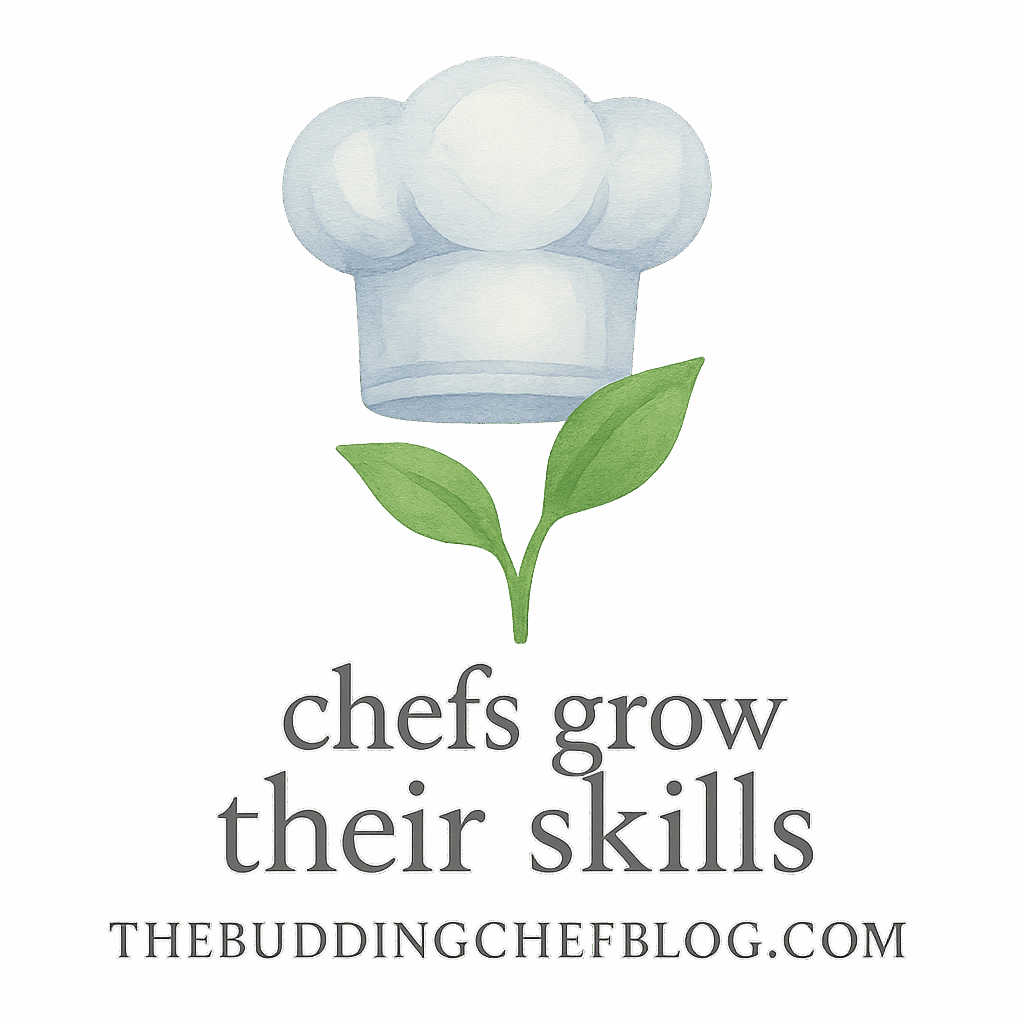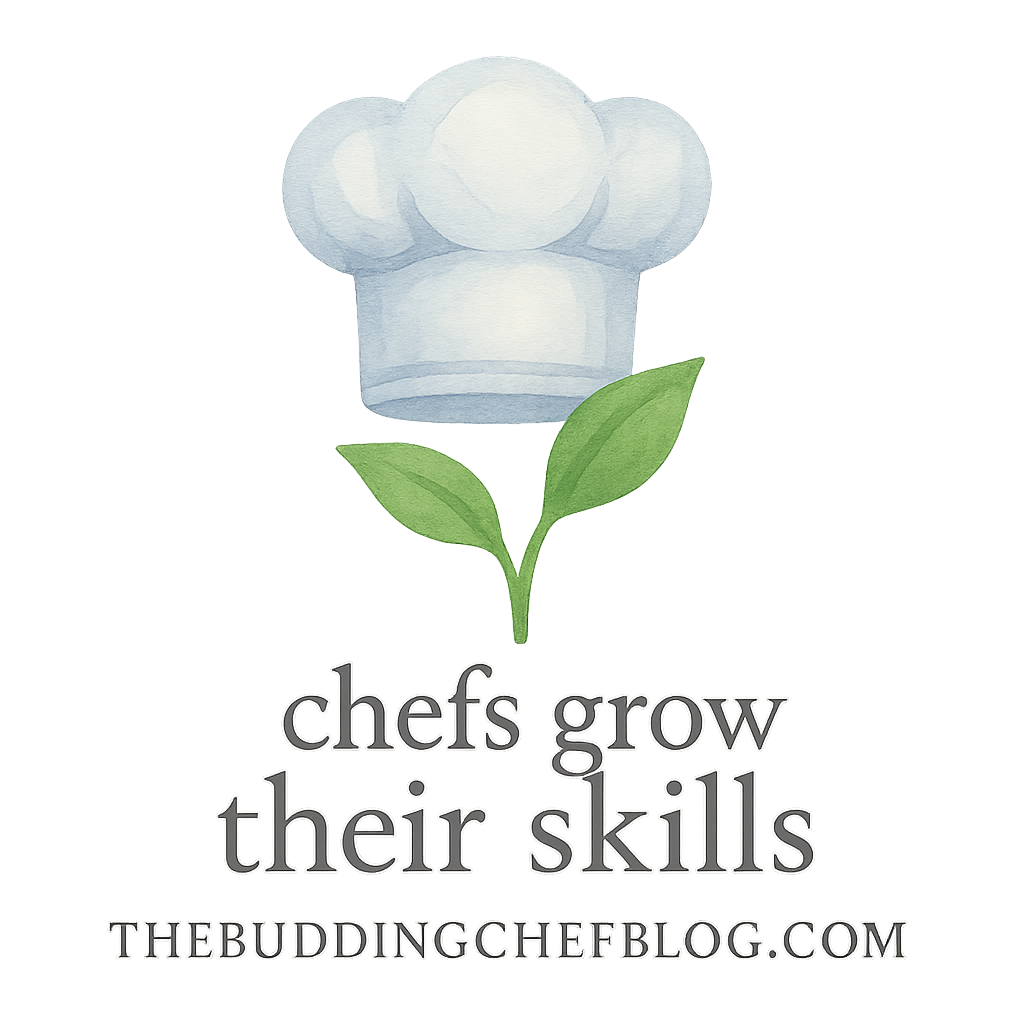Are you just starting your cooking journey and trying not to burn a hole in your wallet? Good news: You don’t need a fancy kitchen to cook like a champ. With the right guidance and smart purchases, you can whip up restaurant-worthy meals without maxing out your credit card. Let’s dive into these 10 budget kitchen setup tips for beginner chefs and get your cooking space ready for action.
Why Kitchen Setup Matters for Beginner Chefs
Starting out as a chef can feel like stepping onto a different planet. The shiny tools, complex recipes, and jargon can overwhelm even the most motivated newbie. But having a practical and affordable setup can be the difference between feeling confident and giving up before you even sauté your first onion.
The Importance of Smart Spending in the Kitchen
Cooking on a budget doesn’t mean sacrificing quality. It means being thoughtful about what you buy, how you use it, and where your money goes. Whether you’re following tips from basic cooking techniques or exploring kitchen tools & equipment, every dollar spent should bring value to your kitchen game.
Tip #1: Start with Essential Cookware
What Every Beginner Chef Really Needs
Start with the bare essentials. You don’t need 20 pots and pans. A solid non-stick skillet, a medium saucepan, and a large stockpot will cover almost all beginner recipes.
Explore what tools truly matter by browsing ingredient knowledge and kitchen tools.
Skip the Fancy Gear (For Now)
That air fryer might look cool, but unless you know how often you’ll use it, hold off. Fancy doesn’t always mean functional, especially for beginner chefs.
Tip #2: Shop Thrift Stores and Online Marketplaces
Where to Find Affordable Kitchen Tools
Your local thrift store or online marketplaces like Facebook Marketplace are treasure troves for affordable cookware. Just be ready to dig and inspect closely.
What to Look For and What to Avoid
Stick to metal, cast iron, or stainless steel. Avoid scratched-up nonstick pans and super old appliances. These might look like bargains but could be more trouble than they’re worth.
Look through our affordable and budget tags for more wallet-friendly suggestions.
Tip #3: Stick to Multi-Use Tools
Save Space and Money with Versatile Gear
Why buy a garlic press when a chef’s knife can do the same job? The more your tools can multitask, the less clutter—and cost—you’ll deal with.
A Few Must-Have All-Rounders
- Silicone spatula (for stirring, scraping, sautéing)
- Chef’s knife (for almost everything)
- Large mixing bowl (cooking, baking, prepping)
Find out more on our cookware tips page.

Tip #4: Build Slowly—Prioritize What You Use Most
Avoid the “Buy Everything” Trap
You don’t need everything all at once. Start with tools that let you make the meals you actually eat. As you expand your cooking skills, slowly add what makes sense.
Use recipe practice to guide what you need next.
Tip #5: Invest in a Quality Chef’s Knife
Why One Good Knife Beats a Full Block
A sharp, reliable chef’s knife will serve you way better than a 10-piece knife set that dulls after a month. Trust me, this is where you should splurge a little.
Check out our article on essentials for chefs to know which knife brands hold up.
Tip #6: Use DIY Storage Hacks
Repurpose and Reuse Creatively
Tension rods, magnetic strips, and over-the-door hooks can all be turned into smart kitchen storage without buying expensive organizers. Get crafty!
Want more tips like this? Browse our kitchen tools tag.
Tip #7: Skip Specialty Appliances at First
Focus on Skills Over Gadgets
Before you spring for that smoothie blender or panini press, ask: Could a pan and spatula do the same job?
Learn core cooking skills before letting appliances take over.
Tip #8: Master Basic Cooking Techniques
Training Yourself Is the Best Investment
You can make gourmet dishes with just a few tools—if you know how to use them. Learn boiling, roasting, searing, and seasoning. This is where you lay the foundation.
Explore our full guide on basic cooking techniques.
Tip #9: Batch Cook and Meal Plan Like a Pro
Save Money While Learning Key Skills
Planning ahead not only reduces food waste but also teaches time management and flavor layering. Plus, it helps reinforce habits of a disciplined chef.
Need help getting started? Our meal planning tag is packed with ideas.
Tip #10: Learn from the Pros (Without the Price Tag)
Use Free Resources to Improve Cooking Skills
YouTube, blogs like The Budding Chef Blog, and free community classes are goldmines for kitchen wisdom. No tuition needed—just your time and curiosity.
Stay inspired by following the professional growth path of real beginner-to-pro stories.
Conclusion: You Don’t Need a Fancy Kitchen to Cook Like a Pro
Building your dream kitchen doesn’t have to mean emptying your bank account. The right mindset, a few versatile tools, and a hunger to learn are more valuable than the latest gadgets. So go ahead—grab that spatula, fire up the stove, and start creating. You’ve got everything you need.
FAQs
1. What should I buy first when setting up my kitchen?
Start with a solid knife, non-stick skillet, saucepan, and mixing bowl. Check our kitchen tools & equipment guide.
2. How do I find good deals on cookware?
Thrift stores and online marketplaces are full of affordable gems. Just be picky about quality.
3. Are expensive tools worth it for beginner chefs?
Not always. Focus on versatile tools and only invest where it truly counts, like in a chef’s knife.
4. Can I learn to cook well with just a few tools?
Absolutely. It’s about technique over tools. Browse practice resources to improve step by step.
5. What if I make mistakes in the kitchen?
Mistakes are your best teachers! Visit our mistakes tag for common ones and how to learn from them.
6. How do I stay motivated as a beginner chef?
Follow inspiring stories from other chefs and track your growth through consistent practice.
7. How do I keep improving my cooking without breaking the bank?
Utilize free content, meal plan, and explore our improvementchefs tips regularly.


